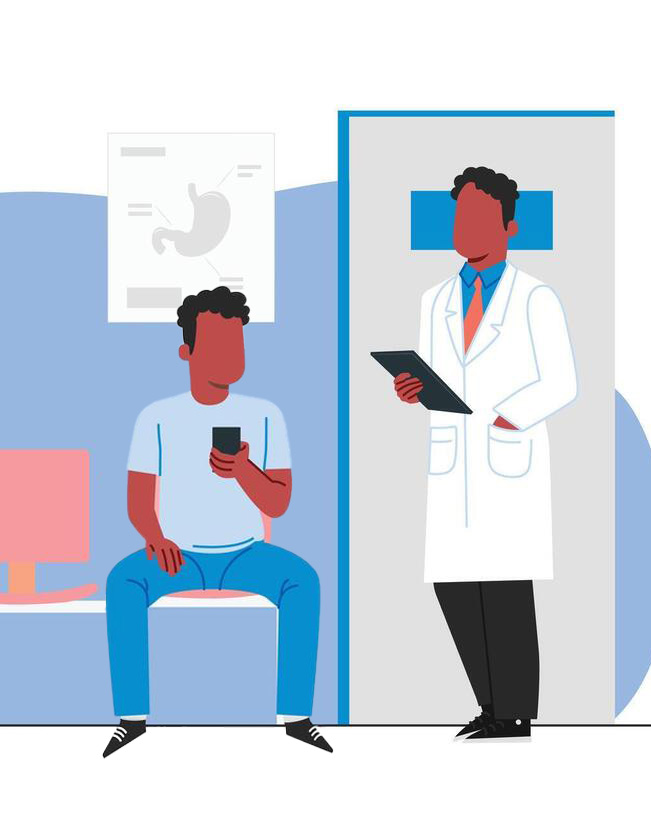
Monkeypox has significantly impacted gay, bisexual, and other men who have sex with men. It spreads through close, intimate contact, making community awareness crucial.
Many LGBTQ+ spaces have played a key role in education and support. Addressing stigma and ensuring access to resources strengthens community health.
Monkeypox symptoms in gay and bisexual men often include a rash or sores in intimate areas like the genitals, anus, or mouth. These can be painful and may appear alongside flu-like symptoms such as fever, fatigue, and swollen lymph nodes.
Some experience rectal pain, proctitis, or difficulty swallowing if sores develop internally. Symptoms vary but usually last 2–4 weeks before resolving.
Gay and bisexual men can reduce the risk of monkeypox by staying informed and getting vaccinated if eligible. Limiting close, skin-to-skin contact with individuals showing symptoms can help prevent spread.
Regularly checking for updates from LGBTQ+ health organizations ensures awareness. Open conversations about health in the community support prevention and care.
Most monkeypox cases resolve in 2–4 weeks with supportive care. Managing symptoms effectively can ease discomfort and prevent complications.
Rest, hydration, and over-the-counter pain relievers like ibuprofen help recovery. Keep sores clean and dry, and avoid picking at scabs. Sitz baths and soothing creams can relieve rectal irritation.
For severe pain, consult a doctor for prescription relief. In serious cases, antiviral medication like tecovirimat (TPOXX) may be available.
Avoid close contact until sores fully heal. Cover lesions with loose clothing and maintain good hygiene, including frequent handwashing.
If symptoms worsen, seek medical advice. LGBTQ+ health clinics and public health agencies offer treatment resources and guidance.
Following these steps supports recovery and helps protect communities.
